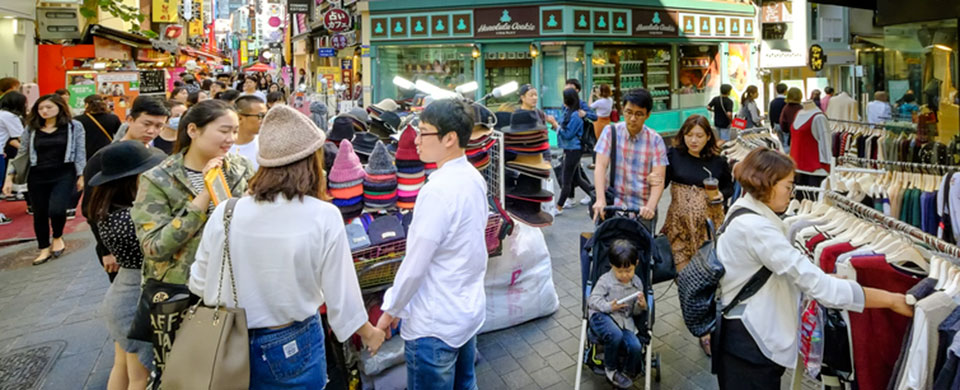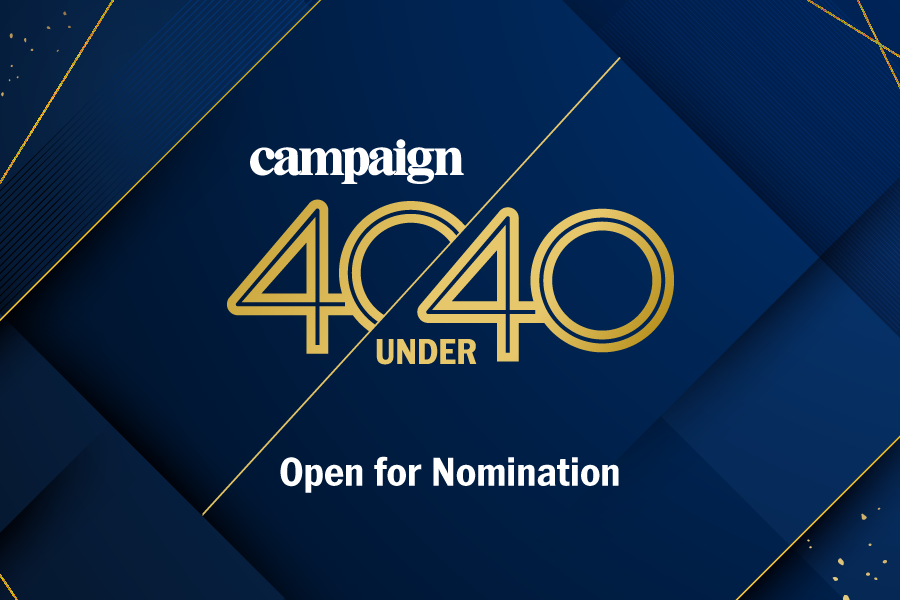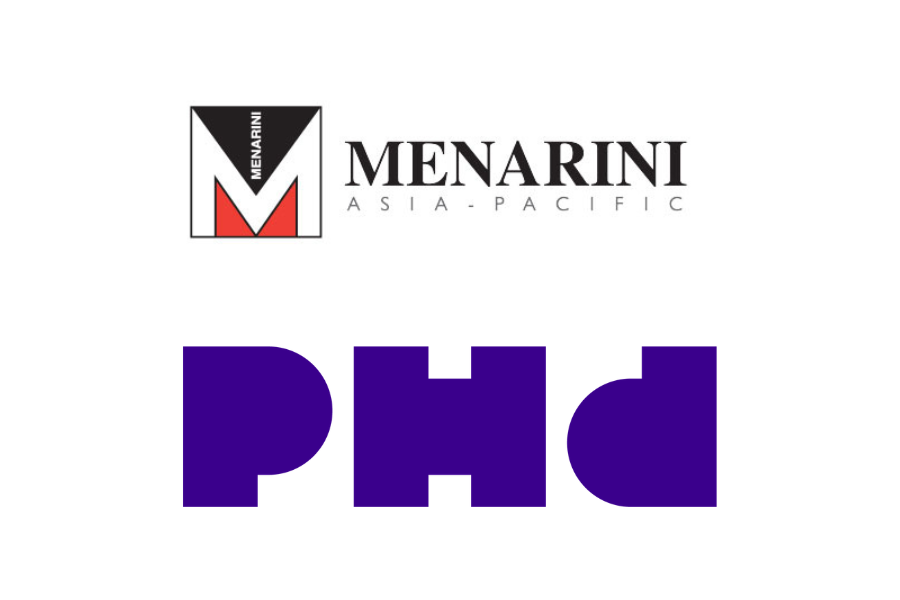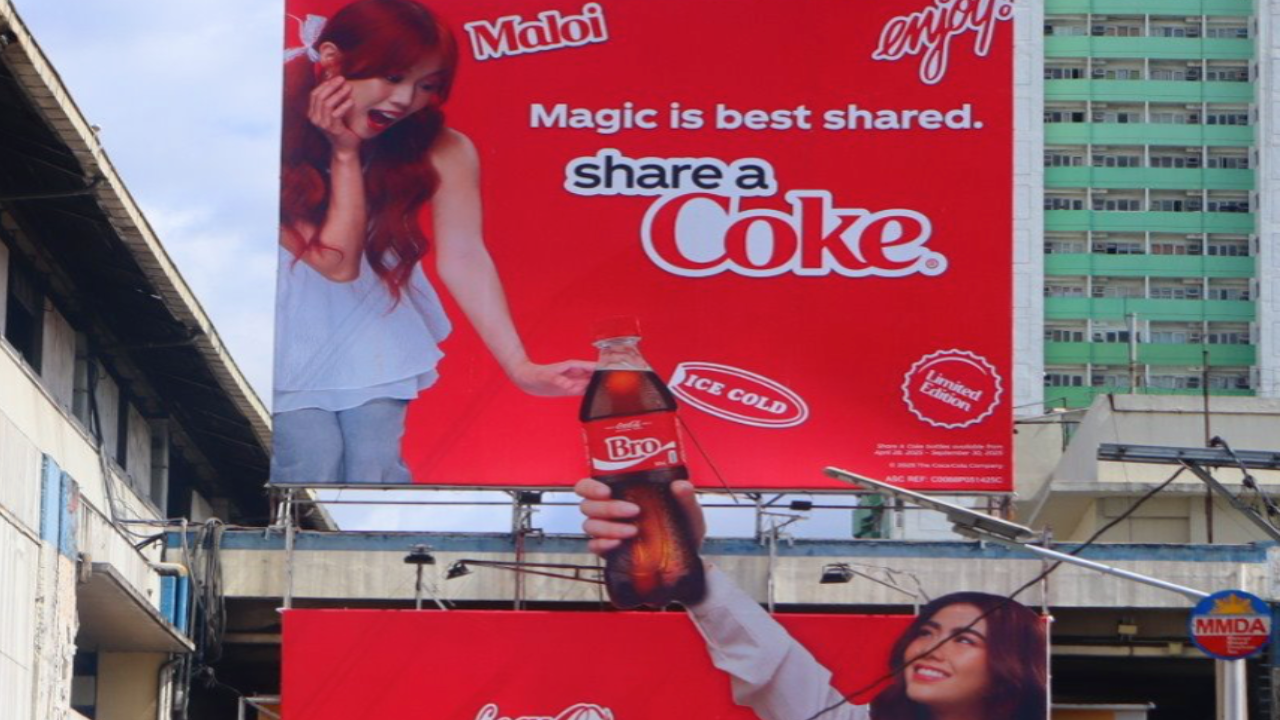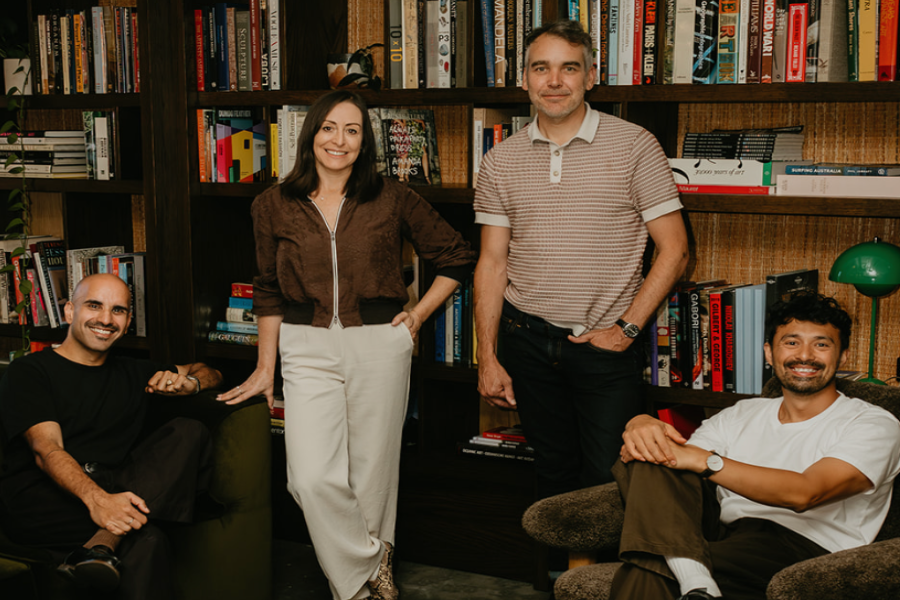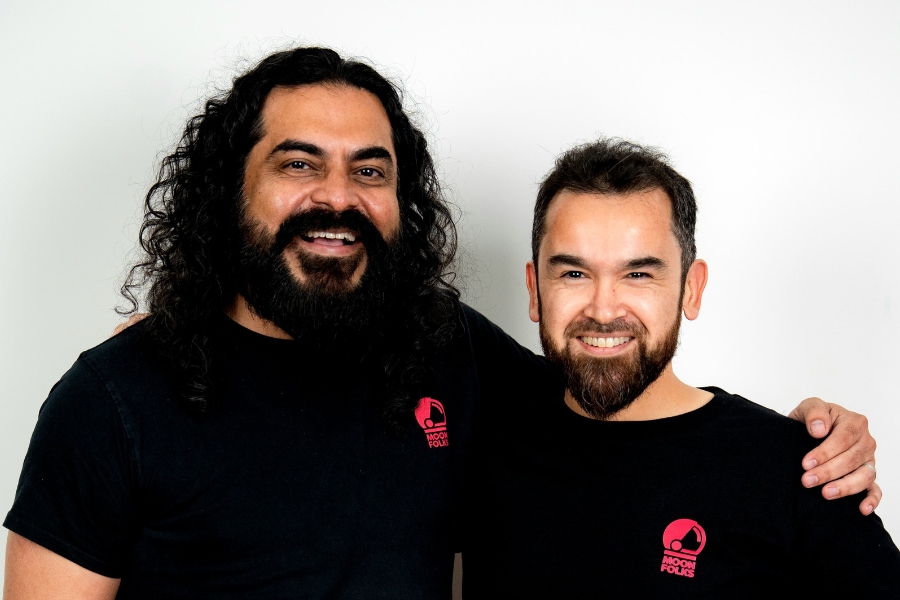We asked five in-market experts for their insights into South Korea's consumers.
Participants:
- Wain Choi, EVP/global creative director, Cheil Worldwide
- Kyunghee Lee, client services director, BBDO Korea
- Ji Hyun Lee, brand strategy senior consultant,TBWA\ Korea
- Jeeyoung Kwak, chief operating officer, McCann Worldgroup Korea
- Tyler Kim, managing director, Weber Shandwick Korea
In 2017, what distinguishes Korea’s consumer market from others?
Wain Choi: Korean consumers are early adapters, not just in technology, but also in fashion or architecture. I think that’s what makes Seoul quite unique. I think maybe seven years ago Korea was looking at Japan for inspiration but I think when you look at it now they’re an early adopter. Anything that happens in Paris in the fashion industry – in a week or so you’ll see it here. Technology goes without saying. So that’s our key distinction. [For brands] if they’re dealing with a population that’s very in tune with what’s going on then it’s important how fast they react.
Tyler Kim: There are a couple of pretty distinctive things. With the economic downturn last year companies were spending less money and consumers were cutting back. What that meant was there were a lot of consumers looking for the most cost-effective ways to buy products. There was an increase in consumption of generic brands in the marketplace. They’re not equating high price with high quality, they’re looking at the products and seeing if they can get quality while paying less than for brand names.
At the same time because of demographics, there are more singles out there. More people are getting married later or not getting married at all. So what created was the YOLO (you only live once) effect. These consumers are buying themselves a $10 coffee or dessert, treating themselves to a piece of cake. Fewer people are buying houses, instead taking overseas trips or buying expensive cars for themselves. So often you’ll see young people making $3,000/month driving a Mercedes or BMW who don’t own a home.
Consumers are always aspiring to a brand out of their reach, one space above their means. Young ladies with regular jobs will purchase Chanel bags. So there’s a dichotomy: on the one-hand some will buy generic brands for everyday items yet will also treat themselves to expensive brands.
Jeeyoung Kwak: Five key words describe Korea’s consumer market. They are speed, quality, cost-effectiveness, competition and YOLO.
An estimated 83 percent of the Korean population are active social media users (some of the highest users in Asia Pacific), so word-of-mouth is very strong, with people sharing brand information and recommendations via SNS and blogs. In categories such as beauty and fashion, consumer reviews/feedback, via platforms like YouTube, are very influential. This encourages brands to have a consistent focus on quality and has resulted in an upward leveling off, so low quality brands cannot survive, even if they are low price.
Korea’s youth unemployment rate rose to a record high in November 2016, following political protests that paralyzed the government and led to President Park being impeached. In these uncertain times, Korean consumers are very keen on cost effectiveness. They don’t believe premium brands necessarily guarantee high value. Price comparison and quality review sites and apps are therefore popular.
Ji Hyun Lee: Korea is expected to face continuous economic stagnation due to recession that is being protracted globally. Moreover, its population has decreased fast compared to other countries because of persistent low birthrate and aging citizens, causing a surge in single-person households. If this trend continues, one-third of Korean households are expected to become single-person by 2035. This is quite different from ASEAN’s consumer market which is expected to be the sixth largest economic zone by 2020 due to increase in population, income, rapid urbanization.
What do you see as the most interesting consumer trends unique to Korea?
Jeeyoung Kwak: The Korean consumer is very keen on new trends, but easily bored. So brands have to keep up with fast-changing consumer tastes, continuously proposing new and innovative brand messages and products. This explains why, in 2016, fast fashion brands like H&M and Zara, experienced five times more growth in Korea than the general fashion category, and creates an environment of intense competition amongst brands to win and retain consumer’s attention and loyalty.
Koreans live under a highly-competitive environment, from the dreaded college entrance exams that flights are grounded for (so the noise doesn’t disturb students), to intense pressure to secure the best jobs. So, people try very hard to be better than others. This quest for perfection drives flourishing beauty, fashion and plastic surgery sectors.
As a trade-off, Koreans live life to the fullest. YOLO (you only live once) describes this trend, where travel, lifestyle and food start-ups and kidult categories are rapidly growing.
Kyunghee Lee: People are more focused on a healthier lifestyle: non-alcoholic drinks, going for exercise, like yoga even at the office. Also eating and drinking alone for single people. Just two years ago it was seen as crazy but this is now a common practice and restaurants cater now to single people.
Ji Hyun Lee: More people are staying single here in Korea, and this has given rise to the so-called "solo economy" phenomenon, which refers to industries tailored to single lifestyles. The single tribe in their 20s and 30s, particularly those armed with economic means, have become quite willing to loosen their purse strings for their well-being, leading to a new coinage, "solo economy" in reference to their influence on the consumer market.
In addition, another word that represents Korean consumer market trend is ‘pick-me generation’ meaning youths who are highly qualified but are desperate to be ‘picked’ for college entrance or employment, etc. due to fierce competition in Korean society. They are usually small spenders who focus more on experience rather than ownership, trying to fulfill ‘Carpe Diem’ spirit.
What cultural issues do foreign brands need to be aware of when marketing in Korea?
Tyler Kim: They need to understand the marketplace and Korean consumers’ characteristics and habits, what makes them happy. If you were to buy a Korean brand household appliance, I would go to the department store today and purchase the product. And they would deliver it to your house in 24 hours, unpack it, set it up and take all the garbage. When something goes wrong and you want them to fix it they’ll be back in your home in 24 hours to fix or replace it. When you move, a telecom provider will be set up and working in your new home by the time you arrive.
Many foreign brands don’t understand the speed and quality of service associated with Korean brands. For foreign brands to compete, they have to do as much or better than what the Korean brands are doing.
Jeeyoung Kwak: South Koreans expect all brands to have a sense of shared patriotism and culture. They have a tendency to believe that all brands (including global) should be familiar with and understand Korean culture and history. For global brands, they favor companies that localize and blend into the Korean culture.
South Koreans want brands to be responsible for their actions. They possess strict views towards company actions and refuse product purchase or even sue, if the brand causes wrongdoing and does not sincerely apologize for their actions.
Kyunghee Lee: Social responsibility is very important, also reinvesting in Korea. Many foreign brands will earn a lot of money in Korea but will send it back to their home countries which can upset Koreans. This became a big issue, so now luxury brands are careful to support cultural events or make CSR programs in Korea.
Also high customer service and quality levels are important. This is why Walmart moved away, since Korean supermarkets have higher standards.
Also word-of-mouth is very strong in Korea, especially for health and beauty products.
Ji Hyun Lee: Brands marketing in Korea need to be aware that Korean consumers culturally want a sense of belonging and want to be individuals within a community. It is because of continuous man-made and natural disasters, recession, and distrust in government power which have consistently stimulated people’s uneasiness, making them worry that they could be in crisis anytime. This kind of cultural tendency has not only made people seek for their own method to survive individually, but also feel lonesome, longing for a sense of belonging in a community.
Dell was not successful in Korea because consumers had to set it up on their own and pay extra for the warranty. For service you had to wait a week or so. Brands must know what Koreans are accustomed to.
What do advertisers need to avoid if they are to build strong brands?
Wain Choi: [While other countries pit brands against competitors,] in Korea you cannot put down another brand for the sake of helping your own. From a consumer perspective it’s not seen as progressive. Also, brands really stay away from political or religious issues.
Kyunghee Lee: Women’s empowerment is very strong. So if a brand unintentionally makes fun of women in their advertising campaign they can easily offend. So in planning campaigns its important to check what’s the effect on women. Sometimes they don’t know when launching a new product, so they need to get Korean expertise. In Korean there can be dual meanings so they need to check the storyboard or all campaign activities.
It’s also important to use local talent. If they have campaigns with foreign talent then Koreans don’t know if it’s right. Dyson launched its very expensive hairdryers. Nobody knows Dyson but when they’re using the Korean pop celebrity Song Hye-Kyo, then people think it’s a good brand. There has to be a good matching of brands and celebrities.
Ji Hyun Lee: Advertisers need to avoid competing with Korean brands with their global strategies without any localization, only believing in their brand reputation. Unlike past years when Korean consumers tended to prefer foreign brands unconditionally, recognizing local brands to be cheap, they now have much trust and pride in Korean brands. For example, in the distribution field, there were cases that many foreign big companies had entered Korean market but eventually withdrawn their businesses, losing out to local brands.
Jeeyoung Kwak: South Koreans do not want brands to be involved with politics. Being a divided nation, South Koreans are very sensitive towards political issues. Recent political events and the impeachment of President Park, means that South Koreans are very politically engaged - thus, brands being involved with politics may irritate consumers.

